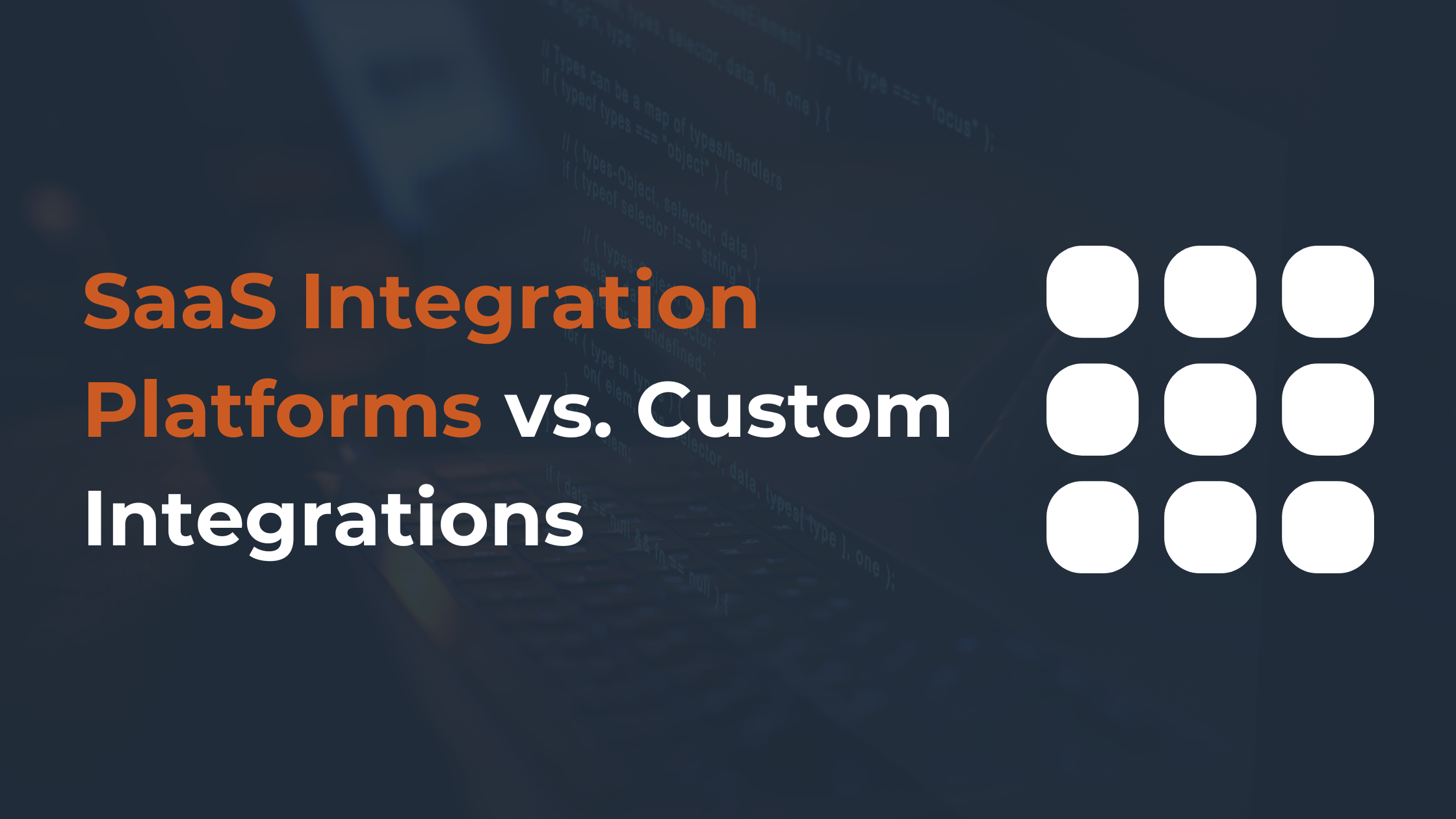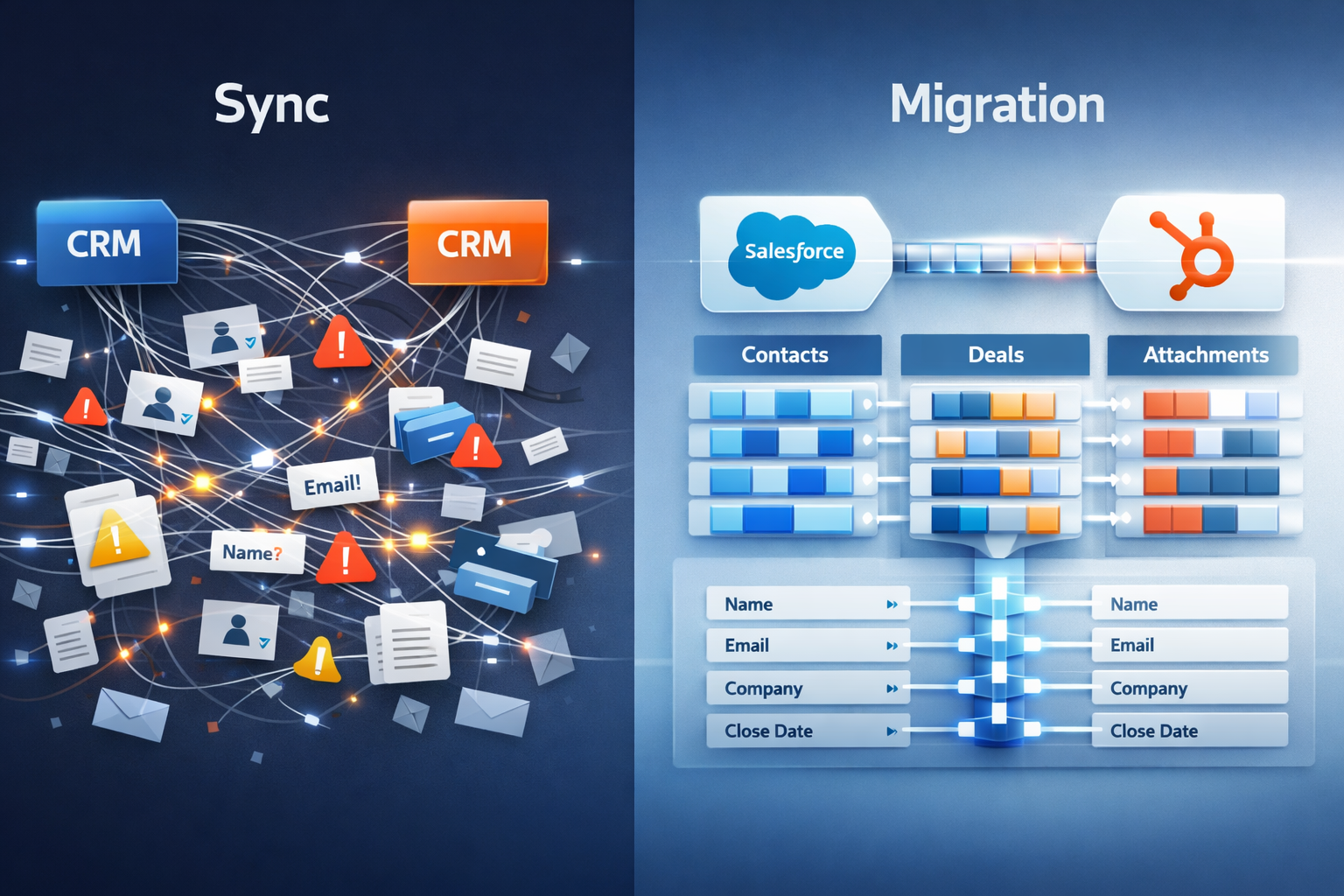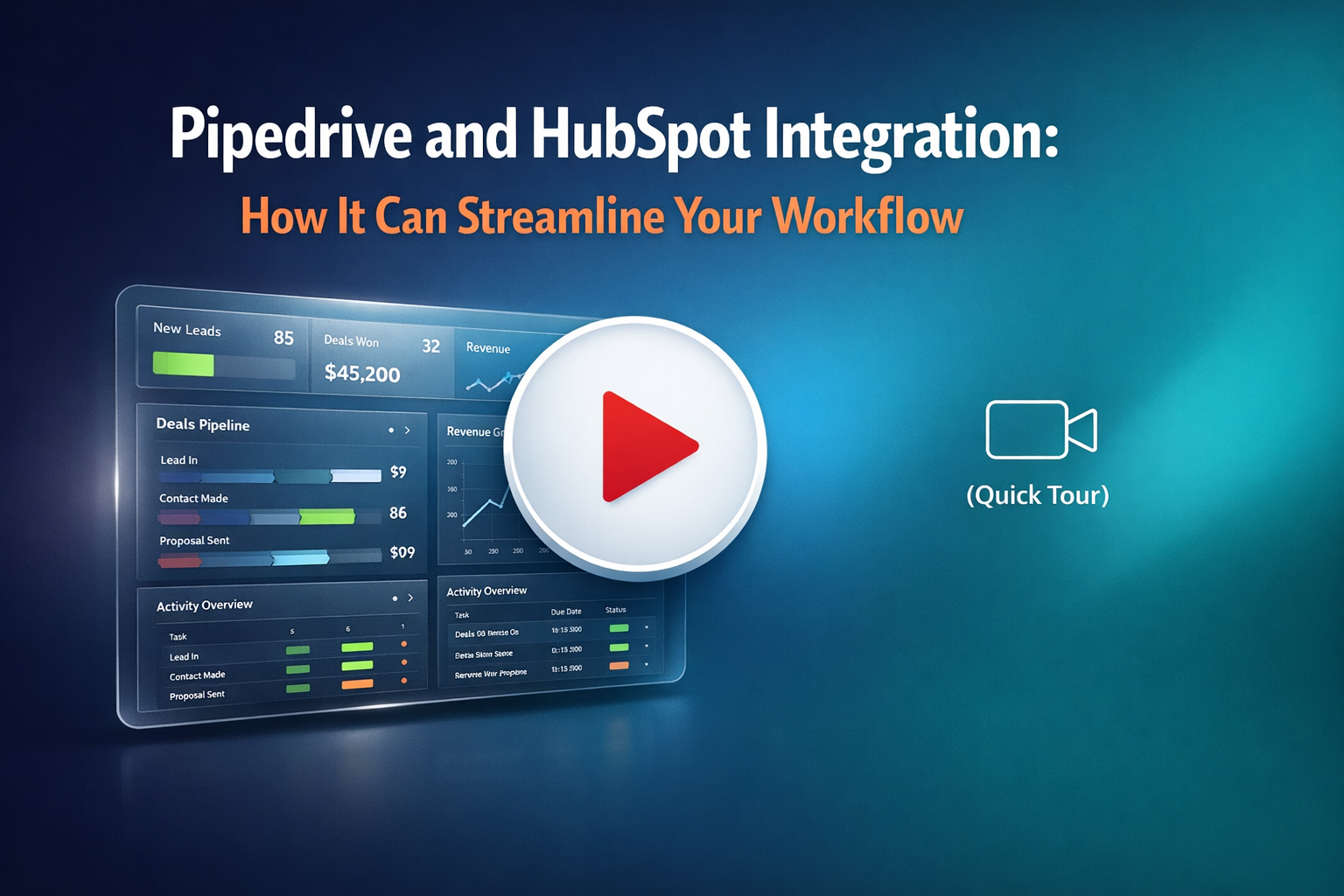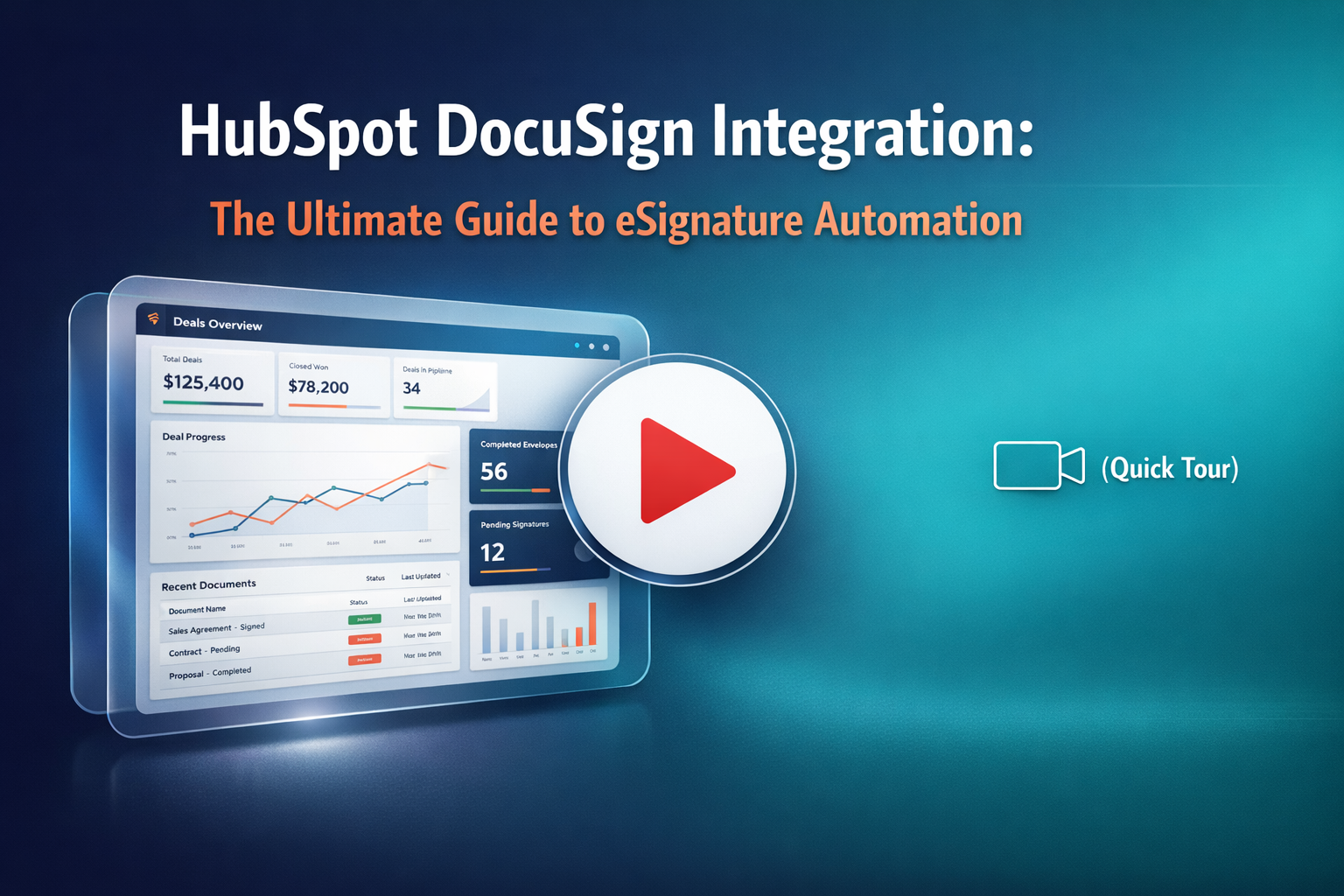Which One Is Right for You?
Understanding SaaS Integration Platforms and Custom Integrations
The need to share data between various software applications is paramount these days. Companies face the choice between using a dedicated iPaaS (integration platform as a service) or building custom syncs in-house. This article looks at the pros and cons of each method. It will help you decide which option is best for your needs, budget, and future goals.
What are SaaS Integrations?
SaaS integration involves connecting multiple software-as-a-service (SaaS) applications to ensure they work together seamlessly. Typically, companies use a SaaS integration platform or iPaaS for this task. These tools help connect various systems and facilitate data sharing between them. Such platforms offer a unified API, allowing businesses to manage and automate workflows, unify data, and reduce human error.
Why is it Important?
SaaS integration is crucial because it allows businesses to leverage various SaaS applications without dealing with disjointed systems. By integrating these applications, businesses can ensure data consistency, streamline operations, and enhance overall efficiency.
Understanding Custom Integrations
Custom integration refers to the process of creating bespoke connections between different software applications. Businesses create custom integrations to meet their specific needs. It usually requires a significant amount of development resources and expertise. This is different from using a standard SaaS integration platform.
When are Custom Integrations Used?
Businesses use custom integrations when they have unique integration needs that a standard SaaS platform cannot meet. It allows for highly specialized workflows and data handling, tailored to the exact requirements of the organization.
Pros of iPaaS
Ease of Use
SaaS integration platforms have user-friendly designs, featuring drag-and-drop interfaces and pre-built connectors. This reduces the complexity of integrating multiple SaaS applications, allowing even non-technical users to set up integrations.
Cost-Effective
A SaaS integration platform is often cheaper than custom integration, especially for small and medium-sized businesses. These platforms typically operate on a subscription basis, eliminating the need for a large upfront investment.
Quick Deployment
SaaS integration platforms offer rapid deployment, allowing businesses to integrate their applications quickly and start reaping the benefits immediately. This is particularly advantageous for businesses that need to scale rapidly.
Cons of iPaaS
Limited Customization
SaaS integration platforms have pre-built connectors and templates, but they may not offer enough customization for some businesses. This can be a limitation for organizations with unique integration needs.
Subscription Costs
SaaS integration platforms can save money at first. However, subscription costs can add up for businesses that require multiple integrations or advanced features in the long run.
Dependency on the Vendor
Relying on a SaaS integration platform means that your integrations are dependent on the vendor. If the vendor experiences downtime or discontinues a service, it can impact your business operations.
Pros of Custom Integrations
Tailored Solutions
Businesses can create solutions tailored to their unique needs through custom integration. This can be particularly important for businesses with complex workflows or specific regulatory requirements.
Greater Control
With custom integration, businesses have complete control over their integrations. This increases flexibility in handling, processing, and storing data.
Scalability
Design custom integrations to scale with your business, ensuring that your integration solution grows alongside your organization.
Cons of Custom Integrations
High Initial Costs
Custom integration typically requires a significant upfront investment in terms of both time and money. This includes the costs associated with hiring developers, purchasing software, and maintaining the integration over time.
Longer Deployment Time
Developing custom integrations can be time-consuming, often taking weeks or even months to complete. This can delay the time to value and slow down business operations.
Maintenance and Support
Custom integrations require ongoing maintenance and support to ensure they continue to function correctly. This can be a significant burden on internal IT resources.
Cost Considerations
Upfront vs. Ongoing Costs
SaaS integration platforms often have lower upfront costs but require ongoing subscription fees. Custom integrations may cost more initially. However, they can be cost-effective in the long run. This is especially true if they are dependable and simple to upkeep.
Total Cost of Ownership
When looking at cost, remember to think about all the costs involved, not just the initial price. This includes maintenance, support, and upgrades, not just the starting investment.
Flexibility and Scalability
Adapting to Business Needs
SaaS integration platforms provide flexibility with many connectors and the ability to easily adapt to new applications. Custom integrations provide the most flexibility as they tailor to the business's specific needs.
Scaling with Your Business
Both SaaS integration platforms and custom integrations can scale with your business, but the latter offers more tailored scalability. SaaS platforms offer different subscription levels and extra features for scalability. You can also create custom integrations to support specific growth paths.
Maintenance and Support
Vendor Support
SaaS integration platforms come with vendor support, which can be a significant advantage for businesses without dedicated IT teams. This support includes troubleshooting, updates, and security patches.
Internal Resources
Custom integrations require internal resources for maintenance and support. This can be a significant burden, especially for smaller businesses without extensive IT departments. However, it also allows for greater control and customization.
Which One Should You Choose?
Assessing Your Needs
The decision between the two options depends on your specific needs, budget, and long-term goals. SaaS integration platforms are ideal for businesses that need quick, cost-effective solutions with minimal upfront investment. Custom integrations are better suited for businesses with unique requirements and the resources to invest in a tailored solution.
Long-Term Considerations
Consider the long-term implications of your choice. SaaS integration platforms offer user-friendly interfaces and allow for quick setup. However, they may not offer enough customization for intricate workflows. Custom integrations, while more expensive and time-consuming initially, offer greater flexibility and control.
Summary
- Ease of Use: iPaaS are user-friendly and quick to deploy, while custom integrations require technical expertise.
- Cost: SaaS platforms have lower upfront costs but ongoing subscription fees. Custom integrations have higher initial costs but can be more cost-effective long-term.
- Customization: Custom integrations offer tailored solutions, whereas SaaS platforms may have limitations in customization.
- Scalability: Both options can scale with your business, but custom integrations provide more tailored scalability.
- Maintenance: SaaS platforms include vendor support, while custom integrations require internal resources for maintenance.
The choice between a SaaS integration platform and custom integration depends on your specific needs and resources. Assess your business requirements, budget, and long-term goals to determine which solution is right for you.








